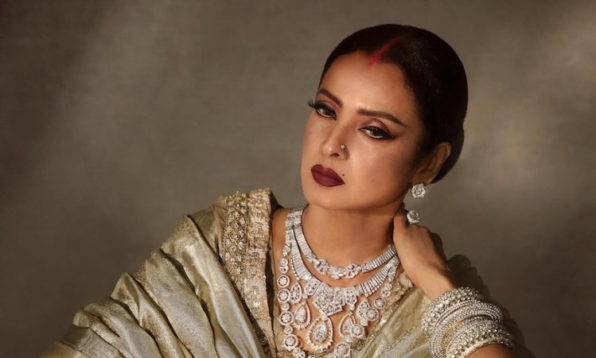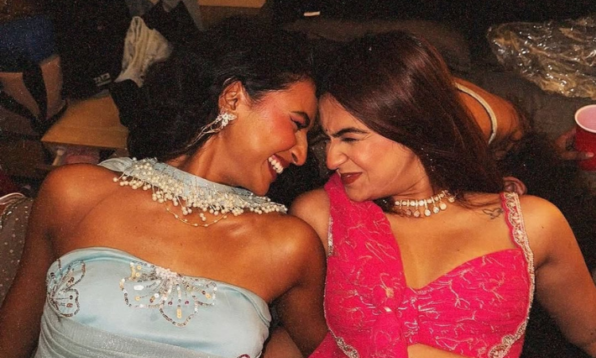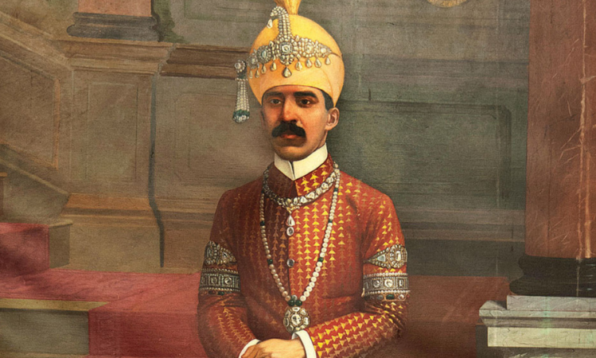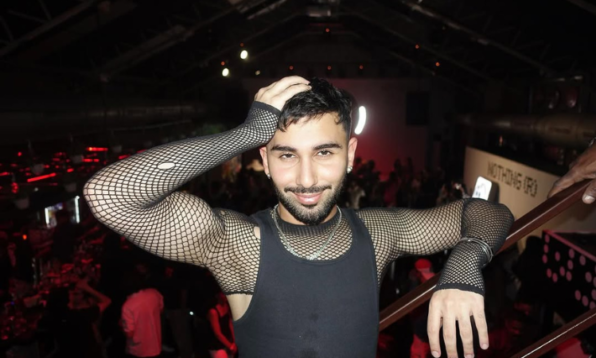Live-in relationships in India have long existed in a legal grey area – acknowledged but not fully regulated. While the Supreme Court has repeatedly upheld the right of consenting adults to cohabit without marriage, Uttarakhand’s new Uniform Civil Code (UCC) takes a different route: mandating live-in couples to register their relationship. But does this new law enhance legal protection, or does it chip away at personal freedoms?
The mandatory registration rule – what’s in the fine print?

Uttarakhand’s UCC requires couples in live-in relationships to register their status formally. According to the law, failure to do so could result in a six-month jail term. The process is anything but straightforward – it involves submitting a 16-page form, providing detailed personal information, and even producing proof of past relationships. In a rather unusual move, religious certificates may also be required to prove that you’re eligible to marry.
And here’s the kicker: if one or both individuals are under 21, the Registrar must inform their parents or guardians.
How does this compare to existing laws?

The Supreme Court of India has consistently affirmed that live-in relationships between consenting adults are legal and protected under Article 21 of the Constitution, which guarantees the Right to Life and Personal Liberty. In Lata Singh v. State of U.P. (2006) and S. Khushboo v. Kanniammal (2010), the court held that adults have the right to live together without societal or state interference.
Additionally, the Protection of Women from Domestic Violence Act, 2005, recognises live-in relationships and provides partners, particularly women, legal rights similar to those in marriage.
So, the big question is: if live-in relationships are already recognised and protected under Indian law, why does Uttarakhand feel the need to impose these stringent regulations?
Privacy concerns and potential discrimination

While proponents argue that the registration requirement is meant to protect women and children from abandonment, the flip side is a serious infringement on privacy. Forcing couples to disclose past relationships, obtain religious certificates, and risk parental interference for those under 21 seems to contradict the very essence of personal choice and autonomy.
Moreover, it’s hard to ignore the possibility that such rules could disproportionately impact interfaith and inter-caste couples, who already face societal and familial resistance. The requirement to submit religious proof could create additional bureaucratic hurdles, potentially discouraging couples from registering at all. And with penalties looming over unregistered couples, this could open the door to legal harassment.
If a live-in relationship is already a constitutional right, should the state have the power to demand its formal registration? More importantly, should failure to comply lead to criminal punishment?
At its core, this law seems to treat live-in relationships as something that requires state oversight rather than an individual’s right.
The verdict? A slippery slope
While Uttarakhand’s UCC may have been introduced with the intention of protecting vulnerable partners, its execution raises serious constitutional questions. Live-in relationships are already recognised and protected under Indian law. So, enforcing mandatory registration with legal consequences for non-compliance feels less like a progressive step and more like an intrusion into personal lives.
Should India be moving towards more freedom and autonomy in personal relationships or setting a precedent for state interference? The debate is far from over.
Featured Image Source
Related: Unmarried Couples And OYO: Why Moral Policing Harms Women More Than Men

 Web Stories
Web Stories













